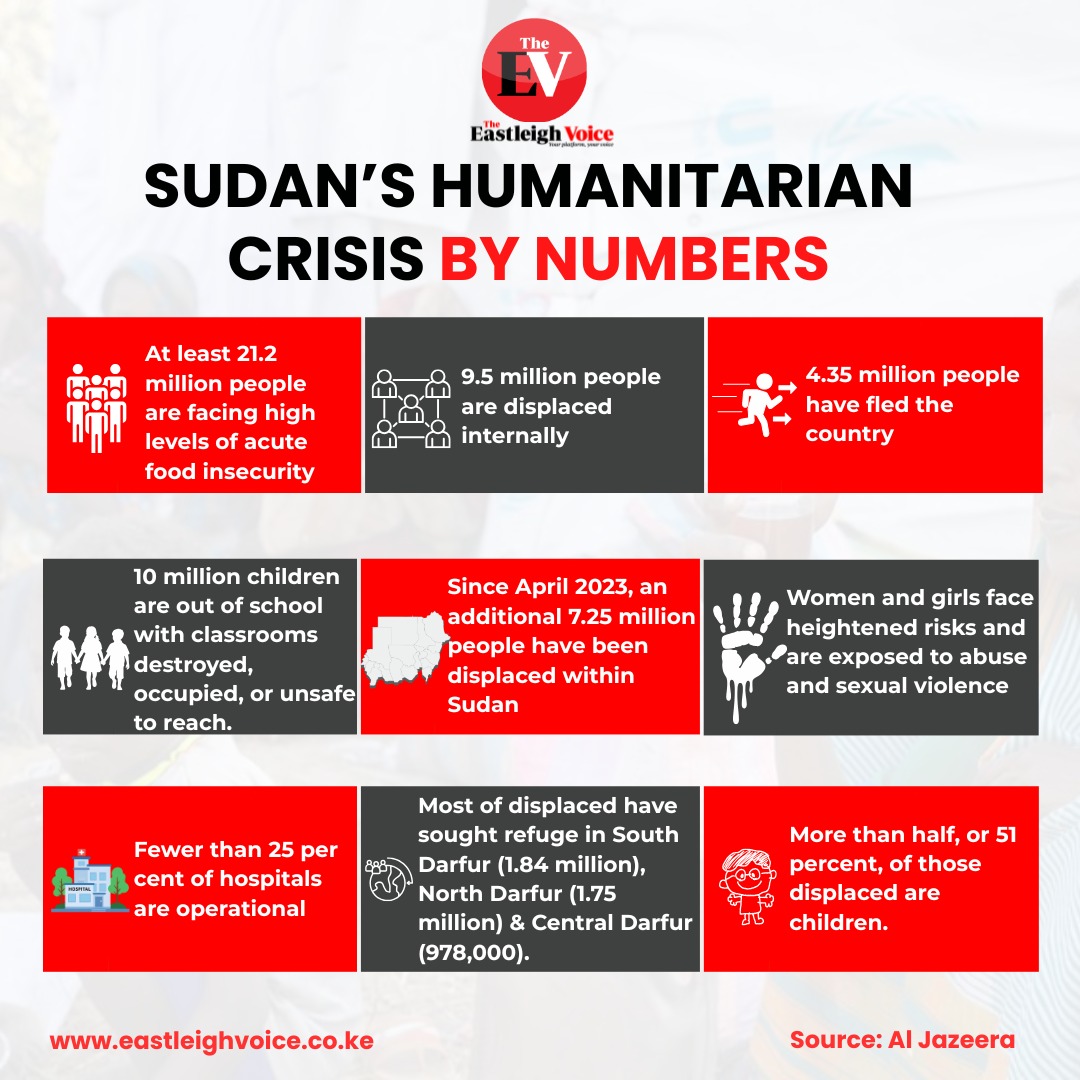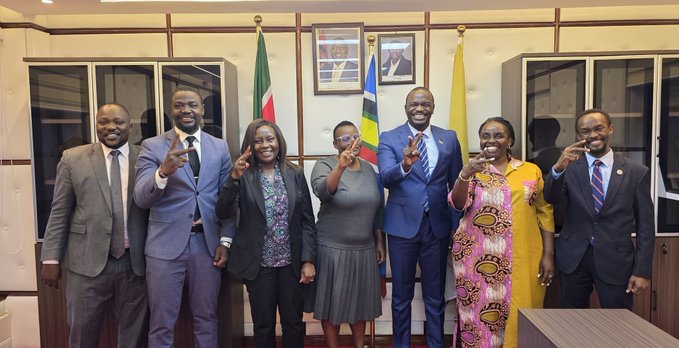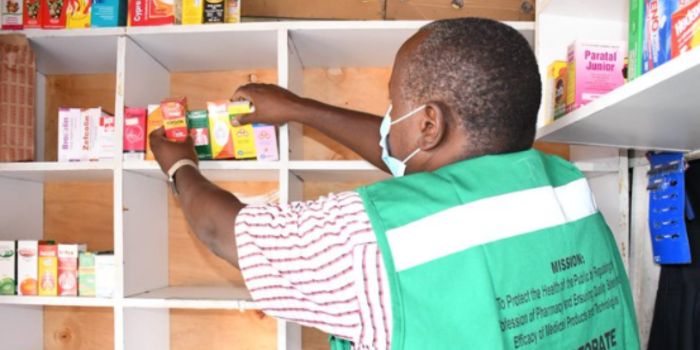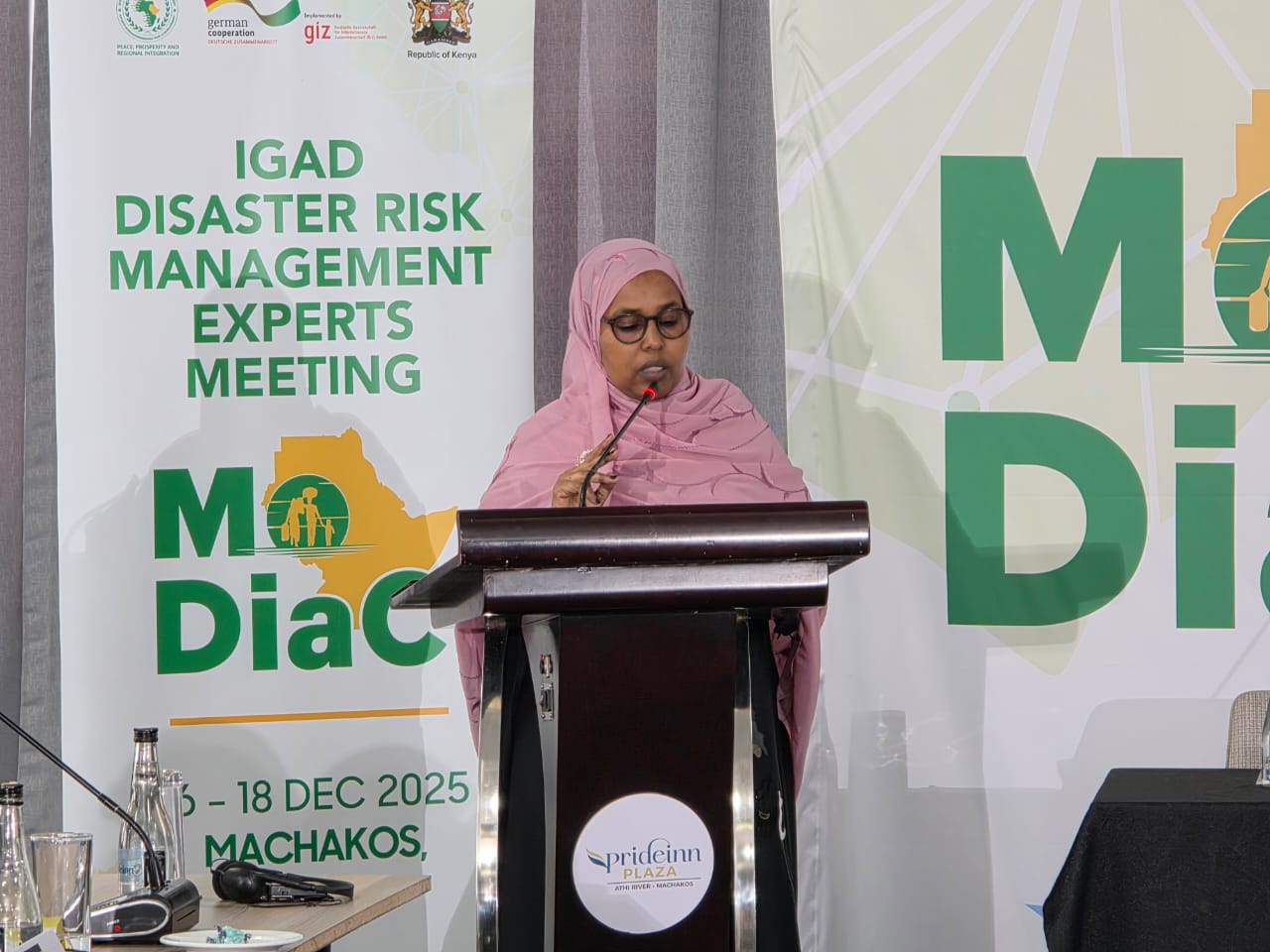Activists, lawyers file petition against Kenyan government over trafficking of domestic workers

The petition comes after a new report by Amnesty International revealed widespread abuse and exploitation of Kenyan domestic workers in Saudi Arabia, sparking urgent calls for reforms from both the Kenyan and Saudi governments.
Human rights activists and female lawyers have filed a petition seeking to hold the Kenyan government accountable for failing to prevent the trafficking and exploitation of domestic workers migrating to the Middle East.
According to the petition filed at the Employment and Labour Relations Court in Nairobi, the activists claim the government has neglected its legal obligation to prevent, protect and respond to human trafficking for labour exploitation affecting Kenyan citizens, particularly women, working as domestic workers abroad.
More To Read
- Gulf region paves the way to become digital data hub
- Embassy begins emergency travel certificate registration for stranded Kenyans in Saudi Arabia
- Coastal counties face surge in online job scams, officials warn
- IOM launches global campaign to support human trafficking survivors
- Court awards Sh5 million to Kenyan trafficked to Myanmar for online fraud
- Senators summon Mudavadi over harassment, detention and deaths of Kenyans abroad
The petitioners are Kituo Cha Sheria and 13 others, while the Labour and Social Protection Cabinet Secretary has been named among the respondents.
On May 26, 2025, the court allowed the Initiative for Strategic Litigation in Africa (ISLA) and the Federation of Women Lawyers-Kenya (FIDA-Kenya) to join the case as advisors.
The petitioners, including women directly affected by trafficking, argue that the Kenyan government has failed in its fundamental duty to protect their rights. They allege violations of fundamental freedoms, such as freedom from slavery and servitude, protection from torture and inhuman or degrading treatment, protection from discrimination, protection from unfair labour practices, and the right to dignity.
The violations stem from the government’s failure to establish an effective legislative framework ensuring protection for citizens migrating to the Middle East for domestic work, as well as inadequate response and remedies for trafficking victims.
In seeking to join the case, ISLA and FIDA-Kenya aim to provide the court with crucial information on why the government should be held accountable for human trafficking perpetrated by non-state actors, applying the due diligence principle. They will also develop and expand the legal understanding of trafficking as a form of discrimination against women, viewed as a class of workers and a vulnerable group.
“ISLA and FIDA-K respectfully believe that this information will aid the court in nuancing States’ obligations in respect to human trafficking for labour exploitation by developing the applicable legal standards and principles in line with international human rights standards on the state’s obligation to prevent, protect and respond to trafficking of women for labour exploitation,” the organisations said in a joint statement.
The court recognised that ISLA and FIDA-Kenya would bring unique perspectives to the case that other parties had not presented, ensuring a broader and more nuanced understanding of the legal issues.
The intervention is part of ISLA’s wider commitment to social change through litigation, supported by the Feminist Litigation Network (FLN).
The FLN focuses on nurturing African feminist litigators and strengthening partner organisations’ capacities to pursue feminist strategic litigation. Through case co-creation, movement collaboration, and long-term support, the FLN advances legal challenges that confront discriminatory laws and seeks to transform entrenched gender norms.
“This case exemplifies the kind of systemic work the FLN is designed to support—confronting discriminatory legal frameworks and enabling legal interventions that shift entrenched gender norms,” ISLA said.
ISLA and FIDA-Kenya are represented by Carolene Kituku and Philly Janet Anyango, both alumni of the FLN.
The petition comes after a new report by Amnesty International revealed widespread abuse and exploitation of Kenyan domestic workers in Saudi Arabia, sparking urgent calls for reforms from both the Kenyan and Saudi governments.
Titled “Locked In, Left Out: The Hidden Lives of Kenyan Domestic Workers in Saudi Arabia,” the report documents at least nine different types of abuse faced by Kenyan women working in Saudi households.
Many of these women were motivated by poverty and the hope of securing a better future for their families, but found themselves trapped in harsh conditions that Amnesty International describes as forced labour.
According to the report, the abuse often starts even before the women leave Kenya. Recruitment agencies frequently mislead them about the nature of the jobs. Upon arrival in Saudi Arabia, the women encounter a far harsher reality.
“On arrival in Saudi Arabia, a grim reality hit. The women were often obliged to do far more onerous work for lower pay than promised. Some were misled about the size of the private home, the number of family members and the working conditions,” reads the report.
The report also states that some women are forced to work in multiple households for up to 18 hours a day, contrary to their original job promises. Others were told they would be employed as teachers but ended up as housemaids, performing difficult and dangerous tasks such as cleaning high windows or handling toxic chemicals without protective gear.
Amnesty notes that nearly all the women interviewed were confined to their employers’ homes and denied basic freedoms. Most were not allowed to leave unless accompanied, with some locked in for days and given barely any food.
Top Stories Today












































